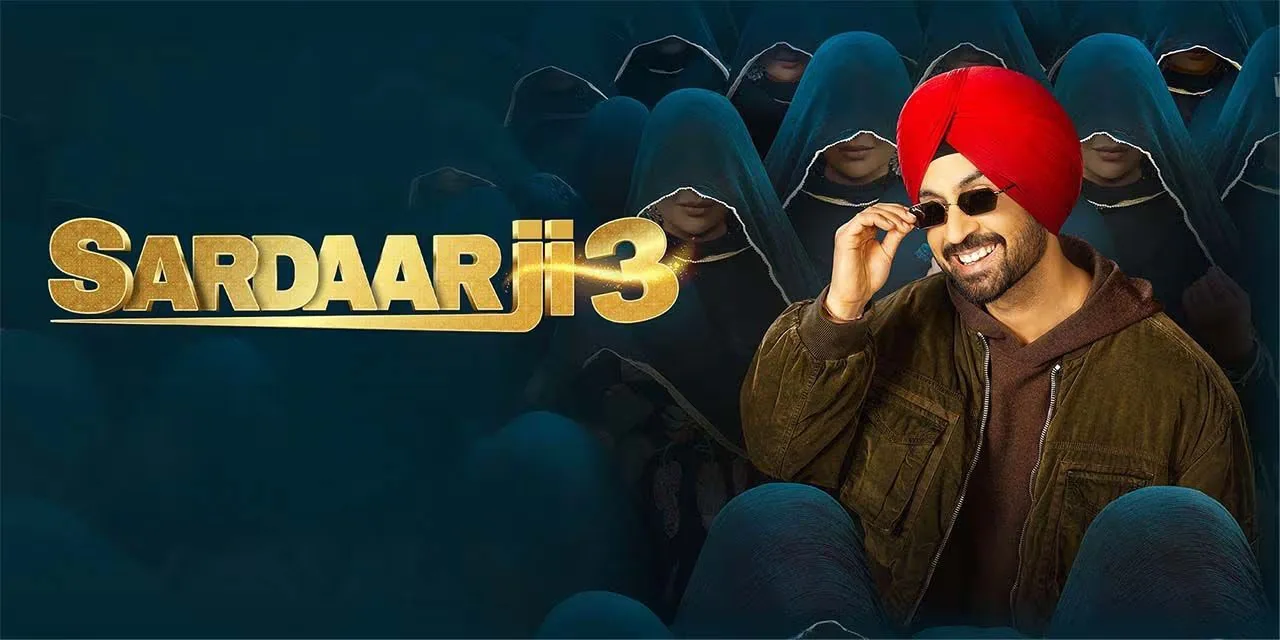Scandal Erupts as FIA Investigates YouTuber Hasan Iqbal Chishti for ‘Anti-Women Education’ Video
In a dramatic turn of events, the Federal Investigation Agency (FIA) Cyber Crime Circle has launched an investigation into
In a dramatic turn of events, the Federal Investigation Agency (FIA) Cyber Crime Circle has launched an investigation into YouTuber Hasan Iqbal Chishti following a complaint from the Punjab Commission on the Status of Women (PCSW). The controversy stems from a viral video in which Chishti makes shocking anti-education remarks about women, accusing them of dancing in schools and condemning parents who send their daughters to educational institutions.
The video, titled “Othy Dance Kardi Payi Ae,” has sparked widespread outrage across social media platforms, drawing fierce criticism from various quarters. Chairperson Nilofar Bakhtiar of the National Commission for Women’s Dignity expressed her deep dismay over the video, describing its content as intolerable and calling for swift action against those responsible.
“This incident, coming on the heels of our National Conference for Women’s Education, is deeply concerning,” Bakhtiar stated. “Denying girls and women their fundamental right to education goes against the very principles enshrined in our Constitution.”
Bakhtiar has urged the FIA’s Cyber Crime unit to expedite their investigation and bring the culprits to justice. She has also called for the immediate removal of all demeaning content regarding girls’ education from social media under the supervision of the Pakistan Telecommunication Authority (PTA). In a stern message, Bakhtiar emphasized the importance of religious scholars condemning such regressive attitudes, urging the Council of Islamic Ideology to denounce Chishti’s actions unequivocally.
The Status of Women’s Education in Pakistan
This scandal highlights a broader and more troubling issue in Pakistan: the state of women’s education. Despite some progress, the education system in Pakistan remains riddled with disparities and challenges, particularly for women and girls. According to the Pakistan Social and Living Standards Measurement (PSLM) Survey 2021-2022, the literacy rate for females in Pakistan is significantly lower than that of males, with a stark difference in rural and urban areas. In rural regions, the female literacy rate is alarmingly low, often due to socio-cultural barriers, economic constraints, and lack of access to schools.
Moreover, Pakistan ranks among the lowest in the world for gender parity in education, as highlighted by UNESCO. The Global Gender Gap Report 2023 by the World Economic Forum places Pakistan at 145th out of 146 countries, indicating severe gender inequality in educational attainment. This gender gap is further exacerbated by issues such as early marriages, gender-based violence, and societal norms that prioritize boys’ education over girls’.
Despite these challenges, there have been efforts to improve the situation. Initiatives such as the Punjab Education Sector Reform Program and the Girls’ Education Program by the United Nations Children’s Fund (UNICEF) aim to increase enrollment and retention of girls in schools. However, these efforts face constant pushback from conservative elements within society, as evidenced by the recent controversy involving Hasan Iqbal Chishti.
The fallout from Chishti’s video underscores the urgent need for a societal shift towards valuing and promoting women’s education. Educational institutions, government bodies, and civil society must collaborate to address the root causes of educational disparity and ensure that every girl in Pakistan has the opportunity to receive quality education.
As the investigation into Chishti’s actions unfolds, the spotlight is on how authorities will handle this sensitive issue. The outcome could set a significant precedent for future cases involving cyber harassment and gender discrimination, potentially influencing the broader struggle for women’s rights and education in Pakistan. The nation watches closely, hoping for justice and a reaffirmation of the fundamental right to education for all, regardless of gender.




